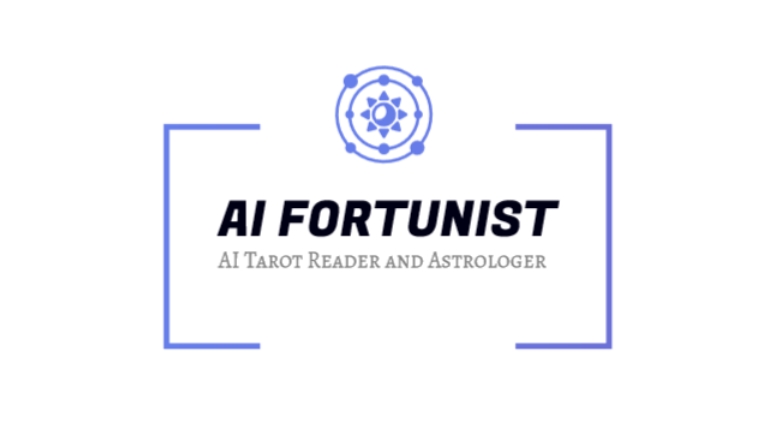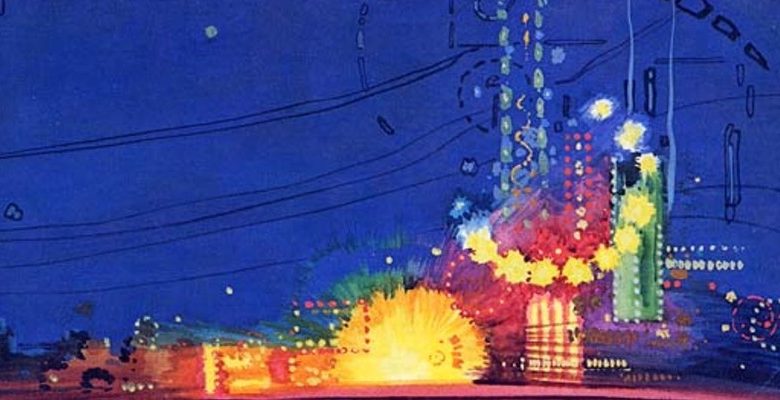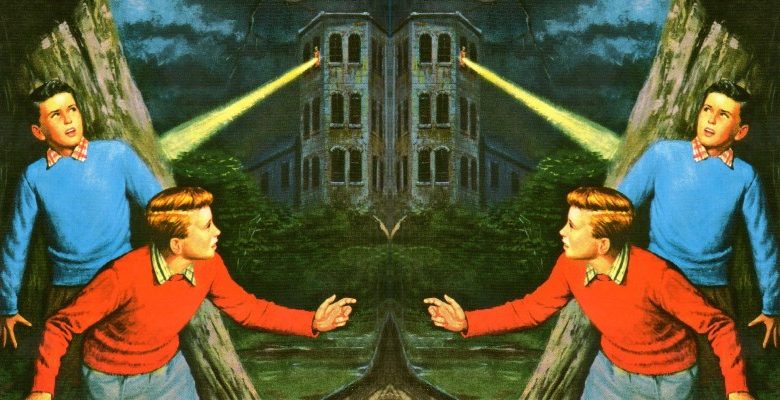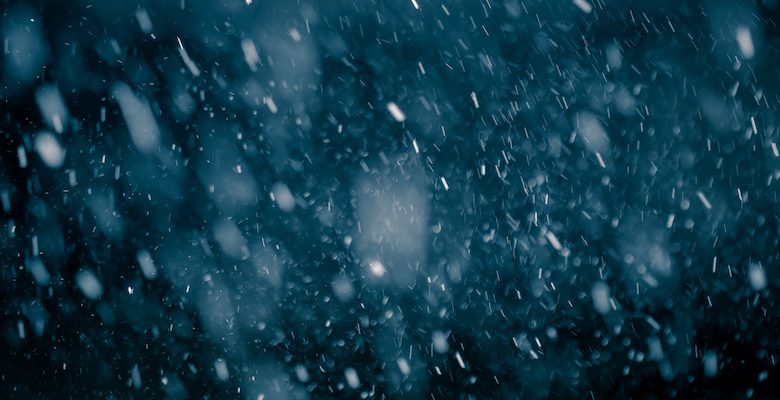[ad_1]
I’m an apocalypse junkie. Not because I love seeing the world all jacked up (except, okay, I do) but because of how powerful and versatile the apocalypse is as a narrative device. Apocalypses can be fun! They’re a chance to sweep away all the annoying quotidian bullshit and live life pared down to just your favorite tools and your wits, a camping trip that never ends. Or they can be a handy crucible, a way to boil off everything until only the hardiest emotional truths remain. At their most wretched, the apocalypse gives authors and readers a place to see how dark the human soul can get and why. I set my own forthcoming novel, City of Orange, in a post-apocalypse. That’s how much I dig it.
All doomsday stories essentially ask the same central dramatic question: at the end of it all, what really mattered? One of my personal essay professors at school once asked us to sum up our lives into a single headstone epitaph, and then go on from there. Similarly, apocalypse stories are an attempt to write the epitaph of all humanity.
For me, apocalypse novels will never get old. They keep writing ‘em, I’ll keep reading ‘em. Here’s ten of my favorites.
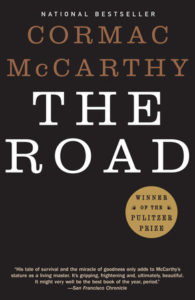
The Road by Cormac McCarthy
This is Cormac we’re talking about here, so the ruined world is an absolutely miserable place where humanity has been reduced to a bunch of heartless cannibals roaming around in puffer Patagonia. The writing is so spectacular I had to stop and take breaks, like you do during a special meal. And weirdly (at least for McCarthy), this book ends on an optimistic note (at least for McCarthy). This was the first time I visited a world that was truly ruined, and not a stand-in for any kind of adventure or catharsis. Here, the end of the world just plain sucks. But, um, in a good way?
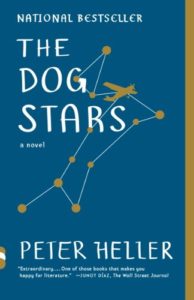
The Dog Stars by Peter Heller
Heller is one of the world’s best nature/adventure writers, and it shows. The world as we know it is stick-a-fork-in-it done, but it’s also beautifully articulated and lush. Yes, it has brutality. But there is also an irresistible rugged fantasy of quiet, pristine vistas seen from one of the last small airplanes left flying. Heller ends his story with a bittersweet omen in the sky. No spoilers, so let’s just say that the world has ended for some, but not all—a humbling indictment of the pride of nations done with touch and finesse that I admired the hell out of.
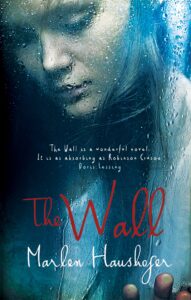
The Wall by Marlen Haushofer
One of the weirdest books I’ve ever read, and one of the best. Haushofer reduces the concept of apocalypse itself into a pure, almost allegorical form, and turns it inside out by trapping a single woman behind an invisible force field. The world hasn’t ended per se, but she has. Like a lot of apocalyptic stories, this one involves a struggle for mastery in an unfamiliar world a la Robinson Crusoe, but with extraordinary amounts of existential dread that turn the whole thing into a deep philosophical mediation.
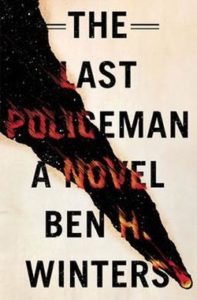
The Last Policeman series by Ben H. Winters
Okay, the world hasn’t quite ended yet in these books, but we know it will. Winters plays with the importance (or pointlessness) of morality here, in the form of a cop who’s trying to solve a murder just weeks before kingdom come. The hardboiled prose perfectly matches the poor officer’s struggle. Because really, what’s the point in the doing the right thing when we vanish in the end, whether by errant meteor or natural death?
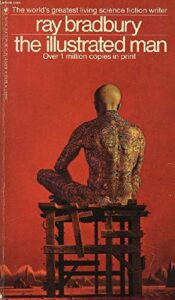
“There Will Come Soft Rains” by Ray Bradbury (from The Illustrated Man)
I read this short story when I was like twelve and I never forgot it. From 1950, it’s about a smart house in 2026 that’s still droning on after all of humanity has been vaporized by what I always guessed to be an H-bomb. These days, now that I’m all grows up, this story doesn’t feels less about the end of everything and more about the world of today and its surplus of empty spaces. Between the 2008 recession and the 2020 pandemic, we have this multitude of unoccupied homes and buildings dutifully running on timers in the off days and off hours, flooded with light and music and air-conditioning no one sees, hears, or feels. I like to interpret Bradbury’s Cold War-era story as a perennial parable of hubris: that assumption that humans will always have abundant energy and space, that those things will let us live forever.
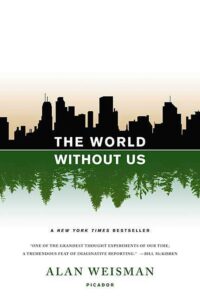
The World Without Us by Alan Weisman
This riveting non-fiction book takes a simple question—What happens after humans go extinct?—and follows the thread all the way to Earth’s inevitable disintegration. It even talks about how our broadcast waves will eventually disappear, too, unless aliens are game and able enough to record them. It’s a strangely comforting book. Sure, one day, anything humans ever did or said will be gone without a trace. But so will all our preoccupations with legacy and reputation and legend, too. So why worry?
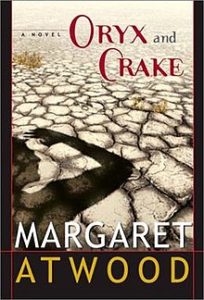
Oryx and Crake by Margaret Atwood
Queen Atwood does doomsday, and it’s because of humankind’s overreach and petty pride? I read the damn thing twice. What I love most about this book is not just Atwood’s brilliantly clever neologisms and biotechnologies, but the fact that so much of humanity’s fate is decided by some pretty boneheaded and emotionally charged decisions. We’re just people, and we tend to work hard on the things our id desires while ignoring our superego better half. I suppose that’s why we can have wafer-thin smartphones but still can’t figure out how to feed and house each other properly.
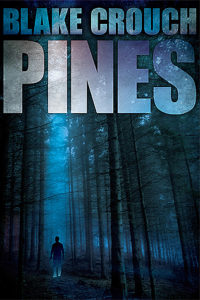
The Pines series by Blake Crouch
Crouch writes like a madman—single sentence paragraphs one after another, hyperkinetic pacing, mind-blowing high concepts. There are so many genre mashups going on here that it’s a little hard to describe. We have time travel, a dystopia, monsters, a love story, and a whole mess of other goodies all wrapped up in a single explosively hot and delicious soup dumpling. I will freely admit to anyone that I hate Blake Crouch for being such a damn good storyteller, and that he’s also a heavy influence in my own writing.
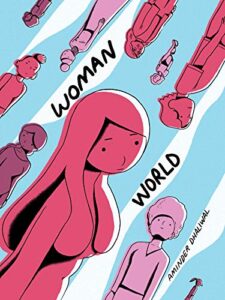
Woman World by Aminder Dhaliwal
I forget why—some kind of birth defect?—but all men have vanished from the planet and now women rule in this comic strip collection. The hills are now alive with quirky, body-positive survivors who, being human after all, still find tons of very relatable insecurities to kvetch and banter about. I had no idea the end of the world could be this cozy, a kind of lovely waiting room where there’s nothing to do but play around with our absurd notions of self.
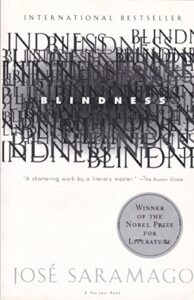
Blindness by José Saramago
One day everybody goes blind—except one woman. What I loved about this grand allegory is that it took me a good while to realize I was even reading one in the first place. Saramago uses a single conceit to cut brutally to the hypothetical chase. He’s not asking what would happen if the world ended. He’s asking what would happen if all norms vanished in an instant, but we were all still stuck with each other. I feel like this book will be (unfortunately) relevant for a long time to come.
*
You get the idea. Just from this short list of ten, we can see that the whole idea of The End Of The World can take on many forms. In my own book, City of Orange, I use apocalypse as a way to explore how a person can survive a devastating loss and still manage to find a reason to go on living. Its cataclysm is at heart an emotional one.
I have at least one or two more end-of-days stories actively kicking around in my head these days, so City of Orange will hardly be my last. I mean, we’ve been writing stories about the end of the world since the Bible, and surely even before that. Why stop now? The world’s not ending any time soon.
***
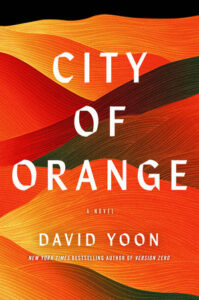
[ad_2]

